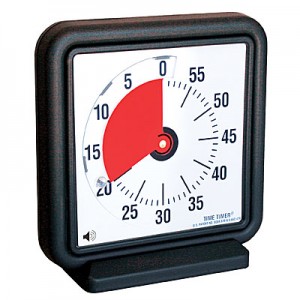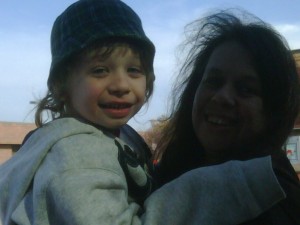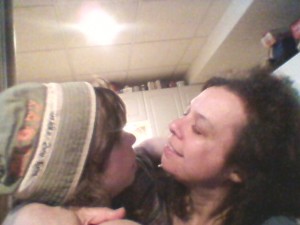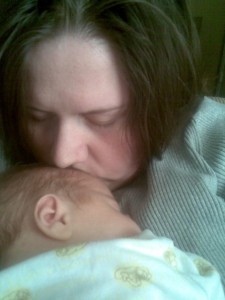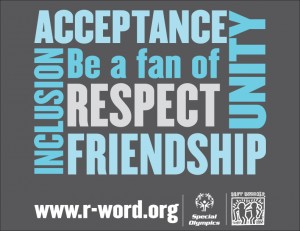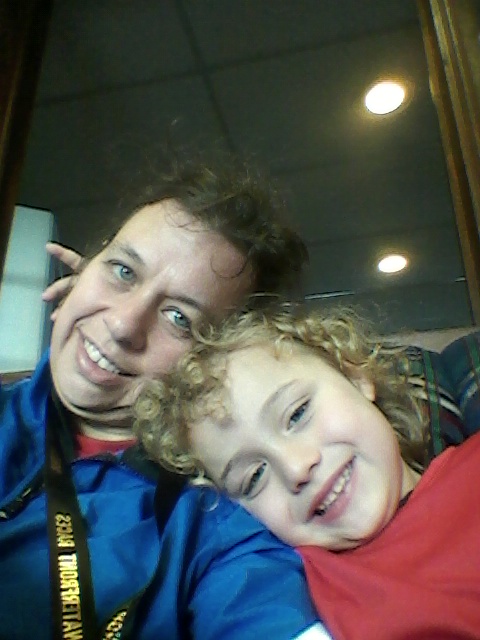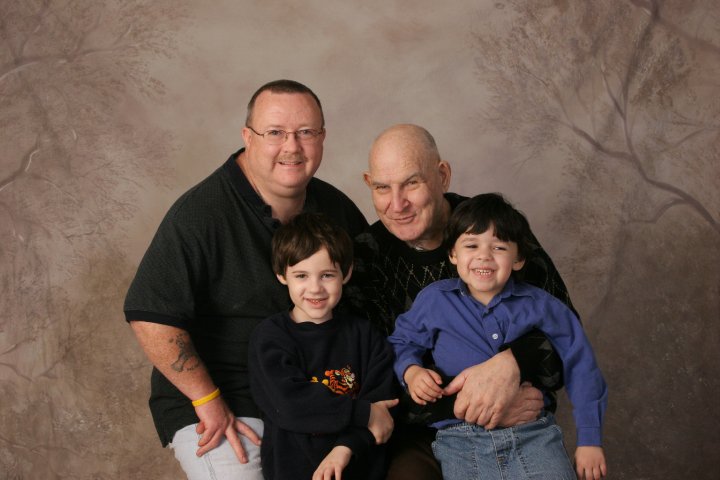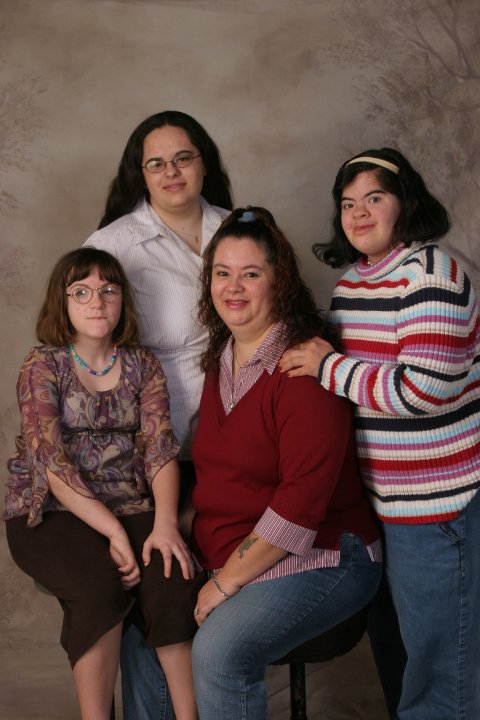The first time my younger son James, who had just turned four, dropped an F-bomb, he was out with my husband buying me a new laptop to replace the one that had gone kaput. According to eyewitness accounts (i.e. my husband), the conversation went something like this:
James (sitting in the back with my husband driving): Daddy, can I have a donut?
Husband: OK! Look out for a donut shop and tell me if you see one!
James (ten minutes later): Where’s the f*cking donut shop?
My husband tried to be stern about it, but he had a hard time keeping a straight face. It was one of times where you find something funny but you cannot let on that you find it funny.
Two a bit years later, the word has fallen out of favour with James. He doesn’t understand what it means (at least, I hope he doesn’t), but he does know that certain words are “bad words”. When he hears me slip up and utter a curse word, he tells on me, running to his dad and calling out, “Mommy said a bad word!”
A recent slip-up on my part has created F-bomb issues, not with James, but with my older son George.
Some time ago, George started messing around with the timer on the oven. This in itself is understandable for a boy with autism who likes to have everything just so. If you tell him that something will happen twenty minutes from now, he takes it very literally and makes sure he knows just when twenty minutes will be up. So he goes off and sets the timer on the oven.
This is a problem from a safety point of view. Not only does it mean that he is leaning over burners that may or may not be turned on, but the timer is controlled by the same buttons that are used to actually turn the oven on. There have been a couple of instances where George has accidentally set the oven temperature instead of the timer.
It is a fire hazard, and also a great inconvenience if I happen to have something in the oven and the temperature is suddenly not what it should be.
We have been dealing with the timer-setting habit with as much sternness as you can employ with a kid with autism. Our “punishment” involves leading him to his room, and making him sit on his bed for a few minutes during which we completely ignore him. Negative reinforcement doesn’t really have an impact on him. It just makes him giggle. No reinforcement at all, however, makes him somewhat disconcerted and uncomfortable.
Anyway, a few weeks ago, my husband called out to me, “George set the timer!”
Without thinking, I replied, “Oh, f*ck.”
Yes, the children were within earshot. It was not my finest parenting moment.
We dealt with the situation as we usually do, and life went on.
Until this week, when George had one of his frequent bouts of echolalia.
For the uninitiated, echolalia is when a child with autism repeats something that he or she has heard, without regard for the context. It can be immediate, where the child repeats what has just been said moments ago, or delayed, where the words are repeated hours or days later.
This was a case of very delayed echolalia. About a month after my F-bomb, George suddenly said, “George set the timer! Oh, f*ck!”
And then giggled as if it was the funniest thing in the world.
And then said it again. And again, and again, and again.
As parents, of course, our instinct is to reprimand the child for saying such a word. And with typical kids, that’s fine. But for kids with autism, it’s a little more complicated. You can tell George until the cows come home, and he still won’t be able to distinguish the bad words from the normal words.
Since we make a big deal of any speech George comes up with in order to encourage him, our best defense is to simply ignore him when he says that word. But it’s so hard, and goes against the grain of what we believe to be “good” parenting.
In the meantime, we are getting George his very own timer – one that has proven very effective in the autism community. Hopefully, it will keep him away from the oven. It’s called a Time Timer, and it looks like this:
How do you deal with your kid coming out with swear words? Special needs parents: what are your strategies? I need them!
(Photo credit of “See, hear, speak no evil”: John Snape. This picture has a creative commons attribution license.)
(Photo credit of Time Timer: Spectrum Nasco)






